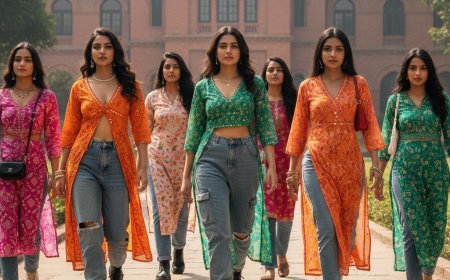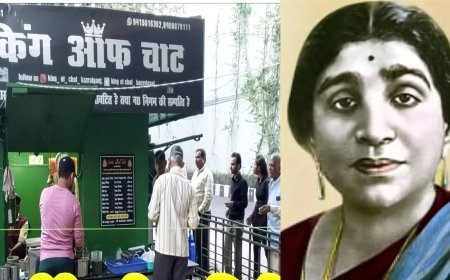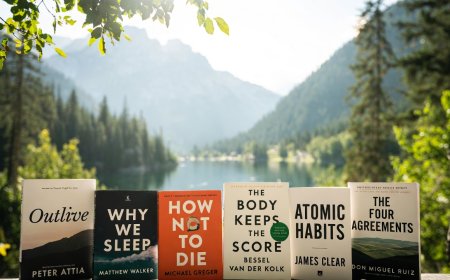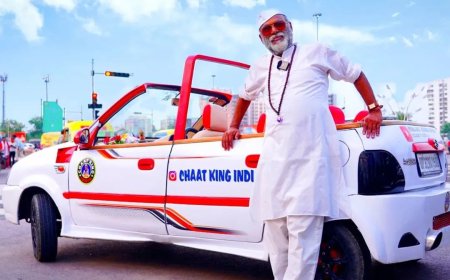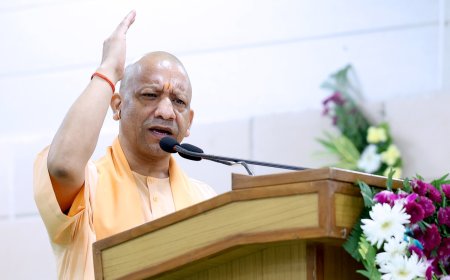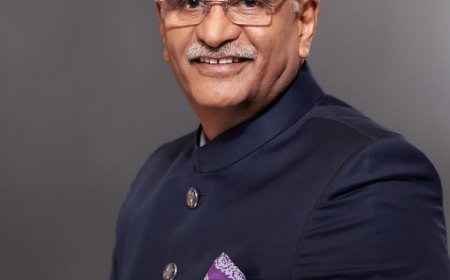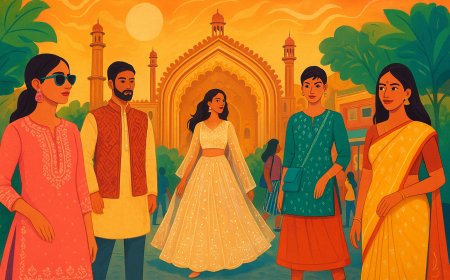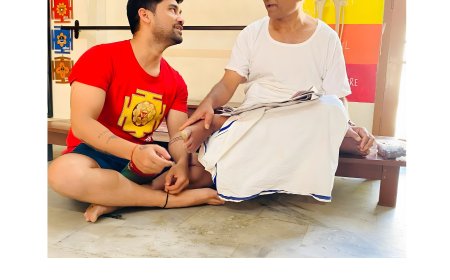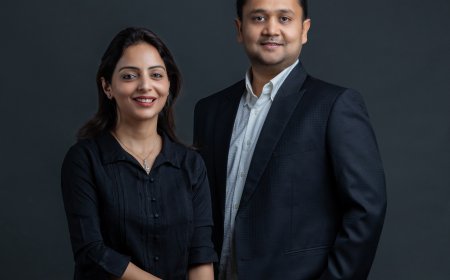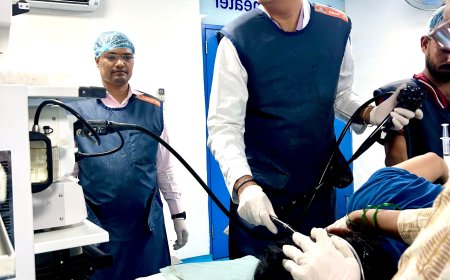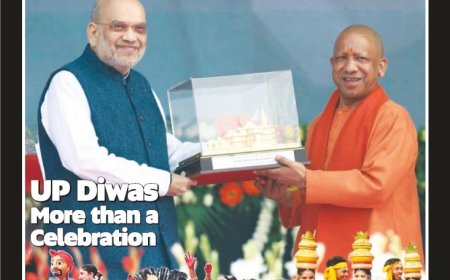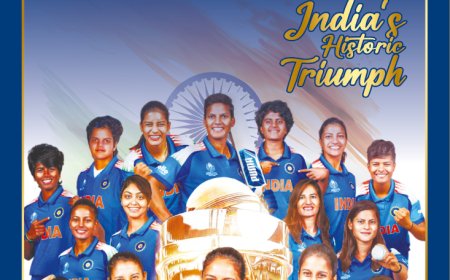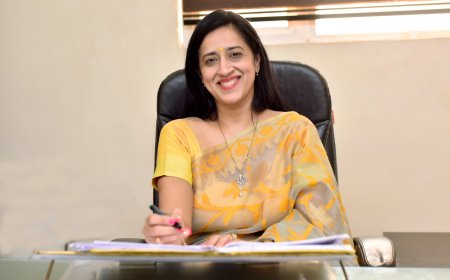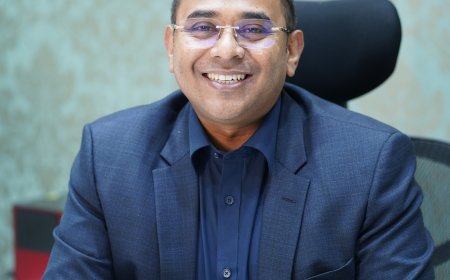Interview with Dr. Shishir K. Srivastava
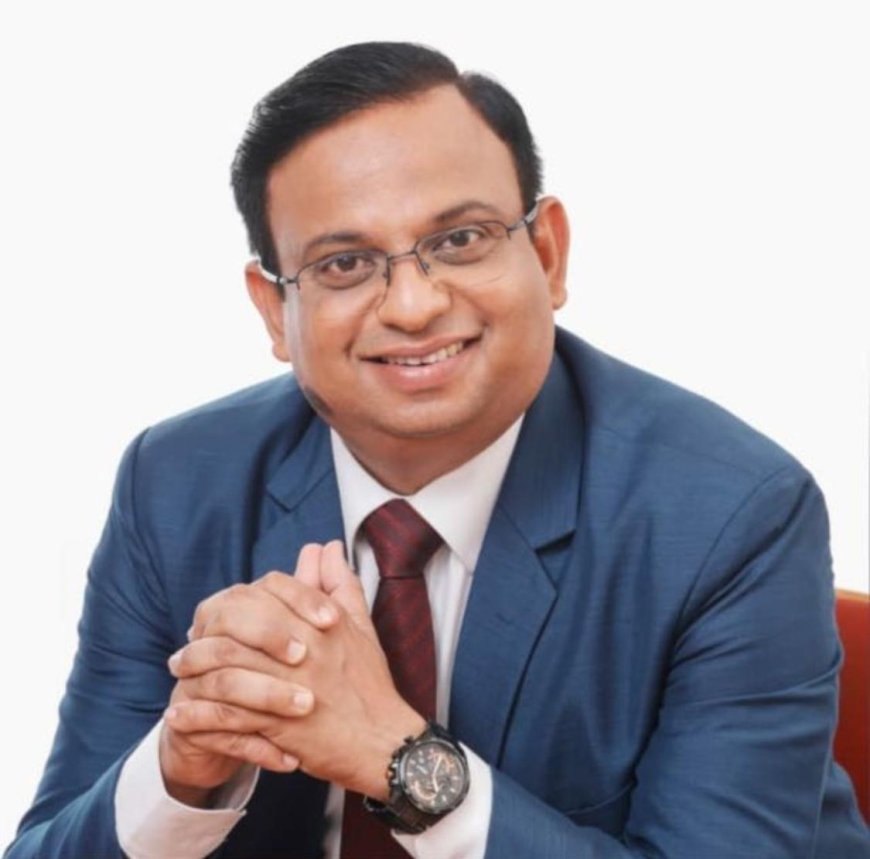
“Through Global Citizenship Education, we are planting seeds of empathy, responsibility, and unity in young minds—so they grow into leaders who see the whole world as their family.”
— Dr. Shishir K. Srivastava
Interview with Dr. Shishir K. Srivastava
Founder, Shishir Leadership Academy | Visionary Behind Global Unity 2035 | Peace Educator | Author
Q1. Dr. Srivastava, could you tell us what led you to initiate the Global Unity 2035 Project and the GCED Pilot?
The inspiration stems from both personal experience and global urgency. After serving as a young officer in the Indian Navy, I underwent a profound awakening about the purpose of life. I realized that lasting security does not come from military strength but from peace rooted in education and values.
Over the past 25 years, I have seen how young people, when nurtured with the right values, rise as changemakers. But the crises we face today—climate change, rising intolerance, polarization, and threats to democracy—demand that we act with urgency. Political systems alone cannot solve these challenges. Education must lead the way.
The Global Unity 2035 Project is my commitment to this belief. Through the GCED Pilot, we are equipping young people with the mindset and skills to see the world as one family and act responsibly toward both humanity and the planet.
Q2. How do you define Global Citizenship Education, and why do you believe it is indispensable today?
Global Citizenship Education (GCED) goes beyond textbooks and exams—it nurtures empathy, critical thinking, intercultural understanding, and responsibility. It empowers young people to recognize that while they belong to their nation, they also belong to humanity as a whole.
In today’s world of interdependence, GCED is not optional—it is essential. Conflicts, pandemics, environmental crises, and inequalities do not respect borders. Unless our youth grow up with a global mindset, the world cannot achieve peace, justice, or sustainability. GCED is the education of the future—education for survival, for coexistence, and for human dignity.
Q3. What impact has the GCED Pilot achieved so far in schools?
The response has been very encouraging. Within a few months, 10 schools in Lucknow subscribed to the initiative, reaching more than 5,000 students. Teachers report that students are becoming more empathetic, environmentally conscious, and respectful of diversity.
One student told me, “For the first time, I understood how my actions in my small community can affect people across the world. It makes me feel both responsible and empowered.”
When a 15-year-old begins to think in such terms, I see it as a powerful sign of transformation. These young voices are the real success of the pilot.
Q4. What role have schools and educators played in advancing this initiative?
This journey would not be possible without the vision and support of principals and school managements. They opened their doors to this new approach, despite the challenges of already crowded curricula. I am deeply grateful to them.
Educators are the real catalysts of change. Our pilot not only trains students but also equips teachers with methods to weave global values into daily lessons. This multiplier effect ensures sustainability and long-term impact.
Q5. How does Global Unity 2035 connect with your personal journey as a peace educator?
My journey began at City Montessori School, where I served as Head of International Relations. Addressing thousands of students in prayer assemblies on peace, unity, and human responsibility made me realize the immense power of early education. Those assemblies were not mere words—they were seeds of transformation.
Global Unity 2035 is the flowering of that vision. By 2035, I envision a global network of schools linked through GCED curricula, youth exchanges, and collaborative projects on climate action, peacebuilding, and human rights.
Q6. You have worked internationally and even addressed the United Nations. How does that global exposure shape your vision for GCED?
Representing India in over 20 countries, from Japan to Sweden, showed me one clear truth: young people everywhere share the same hopes and anxieties. When I addressed the United Nations in 2005, I urged leaders to include the “Right to a Safe Future” in the UN Declaration on the Rights of the Child. That conviction has only deepened—our children deserve safety, peace, and a liveable planet.
My global experiences convinced me that education must rise above borders. GCED provides that bridge, ensuring young people see themselves not as isolated citizens, but as part of a collective humanity.
Q7. What are some of your recent milestones in this journey?
A few stand out.
· In February 2025, I launched UniFusion, a platform to modernize schools and support global expansion.
· Our GCED Pilot has reached 10 schools and 5,000+ students, with a roadmap to 100 schools by 2026.
· We are preparing the Global Unity Conference 2025 in Lucknow (21–22 February), which will bring together educators, policymakers, and youth leaders to embed GCED in mainstream curricula worldwide.
These milestones affirm that this movement is not limited to one city—it has the potential to reshape education globally.
Q8. How do you see this initiative scaling over the next decade?
The next ten years are crucial. Our roadmap includes:
· Expanding the 12-module GCED toolkit to 100 schools in India by 2026 and to multiple countries by 2030.
· Training thousands of teachers as GCED facilitators.
· Creating youth exchange and joint action projects on issues like climate change, gender equality, and peacebuilding.
· Building a global coalition of schools united by the philosophy: One World, One Family.
If we achieve this, I believe GCED can directly contribute to reducing conflict, fostering dialogue, and inspiring climate action at a scale political agreements alone cannot.
Q9. Finally, what is your message to UNESCO and the global community?
My message is simple: we must trust young people. If we provide them with the right values, opportunities, and platforms, they will lead humanity towards peace and sustainability. GCED is not just about education—it is about survival.
I am deeply aligned with UNESCO’s vision of “building peace in the minds of men and women.” Through this pilot, I am planting seeds of that peace in young hearts. With UNESCO’s support, I dream of seeing this movement touch millions of children worldwide.
What's Your Reaction?







